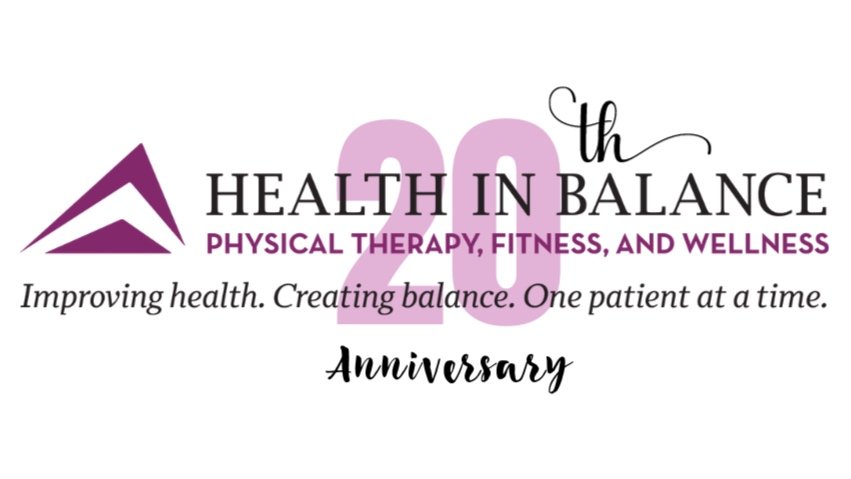Having Balance Problems? Have No Fear, Your Physical Therapist Is Here!
Are you or someone you know fearful of falling? Have you lost your balance recently and worry it may happen again with more serious consequences but don’t know what to do about it? Physical Therapists are trained to work with anyone who has concerns of falling at home or in their community – falling, or even the fear of falling, can have a huge impact on an individual’s quality of life, social interaction, and ability to live independently. We can make sure you regain your confidence and live life to the fullest!
The Milwaukee County Falls Prevention Coalition (MCFPC) recently published information that indicates Wisconsin residents are three times more likely to suffer a fall compared to the national average, and the outcomes from Wisconsin residents falling account for more deaths than prostate cancer and breast cancer combined. While these statistics are certainly troubling and eye-opening, there are known strategies to decrease the likelihood of suffering a fall at home or in the community. This article is meant to highlight the three biggest factors in fall prevention and outline the options an individual can take to help ensure his or her safety at home.
It is often helpful to think of one’s ability to maintain balance as a three legged stool. Each leg represents a factor in avoiding a fall, and if a factor is impaired or limited, the remaining factors have to work harder to maintain one’s balance. The first factor is one’s eyesight – simply put, eyesight allows an individual to recognize potential problems and avoid them before they become an issue. Your eyesight also helps your body to orient itself to the horizon with the vestibular system (more on that later) which is why some people have a more difficult time walking in the dark. Having regular eye exams and talking to a doctor about potential options to improve eyesight or to ensure one’s medications aren’t impacting eyesight are important initial steps to ensuring your eyesight is not a risk factor for falling. Additionally, eliminating obstacles before they become a problem by widening the walkways in your living environment by moving furniture, rolling up throw rugs, and adding lights in darker areas of your home (especially night lights in small spaces like bathrooms) can also help eliminate potential risk.
The vestibular system is the “second leg” of the balance trio. This system is composed of tiny, fluid filled canals in one’s inner ear. Inside these canals are tiny crystals that transmit movement information to the brain when the crystals interact with sensors inside these canals. In fact, the sensation of making yourself dizzy by spinning quickly in a circle is because those inner ear crystals get rapidly shaken up and end up transmitting some very confusing signals to your brain! With age, the sensors in these canals get less accurate, resulting in a feeling of unsteadiness. The good news is that this system can be trained to be more accurate, similar to how exercising a muscle helps to make it stronger. A great place to start for vestibular training is with a Physical Therapist – specially designed exercises and drills can help one’s vestibular system work more accurately and result in improved balance and stability!
The final part of maintaining balance involves ones muscles, bones, ligaments, and nerves. These structures commonly get grouped into both the “neuromuscular” and “musculoskeletal” systems; these systems work together to keep your body upright against the constant downward pull of gravity. These systems also communicate information about posture, position, and even the specific details of the surface on which one is standing. Your Physical Therapist will help you exercise to strengthen the muscles and bones and improve nerve signals as well as practice activities that carry a higher risk of falling (stairs, uneven terrain walking, walking while carrying something) in order to help prevent falls.
Balance is complex and multifaceted. However, staying active and working with one’s physician and a Physical Therapist can greatly reduce the risk of suffering a fall. Being proactive in taking care of your body to avoid a fall before it happens is the best way to maintain independence and enjoy a high quality of life. If you would like to learn more about how a Physical Therapist could help you with your balance and prevent a fall, please call Health In Balance Physical Therapy at 262-236-0176 for a free consultation session with one of our licensed Physical Therapists.

